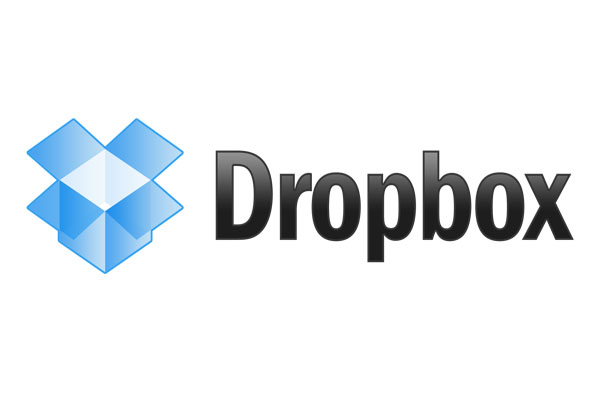Despite often being confused for cloud-based file storage giant Dropbox, Box has made a name for itself in the enterprise space, targeting businesses and highly regulated customers.
The Redwood City, Calif.-based content management and file sharing service has been in Canada for five years already but just recently turned its focus on growing its channel presence in the country. Boasting high-profile customers like General Electric, AstraZeneca, the Gap, and Schneider Electric, Box offers secure cloud-based storage that also abides by Canadian data residency rules.
“Differentiating ourselves from Dropbox in the marketplace is probably our number one challenge, but we’re in a much more enterprise content management space than they are,” Mark Walsh, Canada channel director at Box, tells CDN. “We’re super excited to be here in Canada and offering data residency, which has really started to peak interest of a lot of highly regulated companies that are compliance-required, or require significant compliance around where the content is stored and how it’s accessed.”
Box has been based on Amazon Web Services’ central region in Montreal since December 2016, which allows it to service Canadian organizations that need to keep their data in-country. While Walsh has only been at the company for a year and a half – and in his present role as channel director since December 2017 – he has already seen an uptick of adoption and interest from various industries like financial services in Canada.
“We’re getting a lot of traffic in the financial sector right now because they’re doing a lot of things around building up digital vaults and creating financial portals where there’s a large requirement to provide and protect customer data. For example, if you’re a bank or a customer and you want to access or share key information with your financial planner, that was a traditionally very cumbersome process. Now with a solution like Box, you can easily drag and drop into an external portal which then updates into a system of record. It’s new processes like this that we’re working with our partners on to deploy,” Walsh explains.
Retail, consumer packaged goods, and engineering and construction are also industries where Box has thrived, as well as healthcare.
When it comes to technology partners, Walsh points to IBM as Box’s biggest reseller in Canada. The two signed a 10-year partnership in 2016, and Box also runs on IBM software. Beyond IBM, the only other Box authorized reseller is Softchoice, although it does work with several other system integrators including CGI Group, PricewaterhouseCoopers, and Deloitte.
The company also leverages Google’s artificial intelligence (AI) and launched an offering called Box Skills in conjunction with Google in October 2017.
“[Box Skills] is super cool. It takes unstructured data and runs it through an AI engine, or a machine learning engine, which is then able to capture metadata or insights from the unstructured content. So, for example, you could put a picture of the Toronto skyline in a Box repository that has Google Vision in it. Box Skills would run the picture through a Google algorithm that compares it to existing Google images, and then automatically tag it as ‘CN Tower’, ‘city skyline’, and ‘Toronto’,” Walsh says.
He adds that these capabilities, thanks to the company’s partnerships, are what sets it apart from other market competitors and it is hoping for more going forward.
Box is available as monthly subscription service, with one, two, and three-year terms available.





